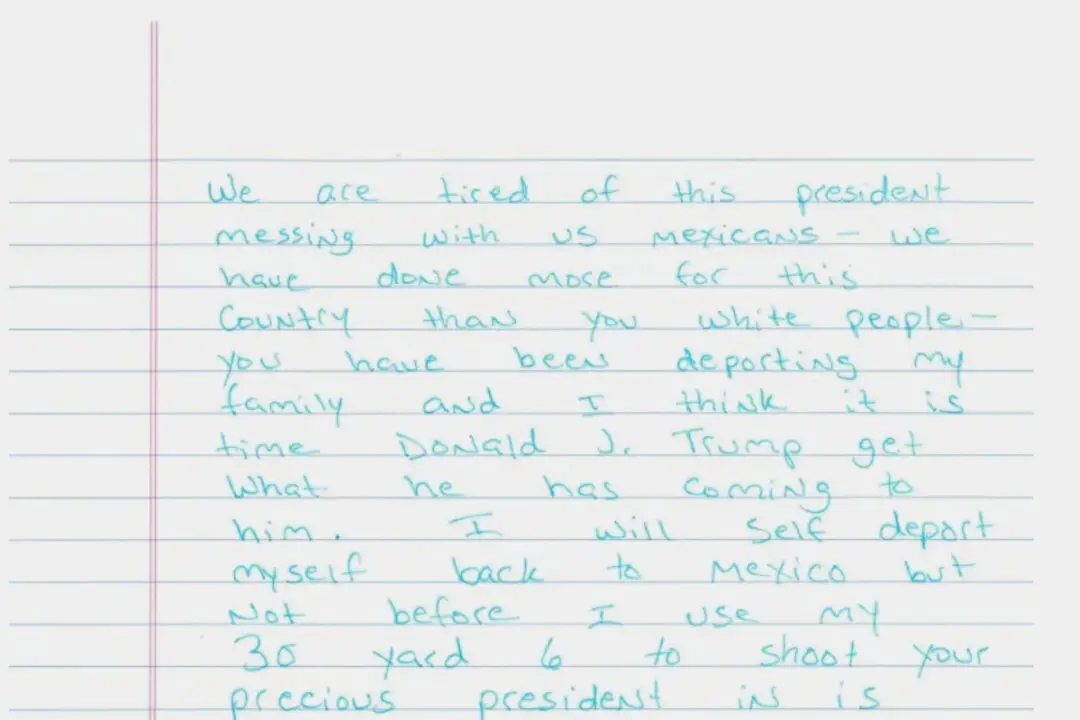MIAMI—Florida’s history of fighting off mosquito-borne outbreaks puts the state in perhaps better position than most when it comes to the Zika virus.
In 2014, chikungunya, a virus spread by the same species of mosquito as Zika, infected a million people in the Caribbean. While 452 travel-related cases were documented in Florida that year, just 11 people contracted the virus in the state. Last year, no locally acquired cases of chikungunya were reported, though 73 people picked up the virus while traveling.
Florida’s warm climate, year-round mosquitoes and revolving door of international travelers make it vulnerable to the Zika virus, but local governments aggressively urge people to dump or cover anything on their property that holds water so they don’t end up raising mosquitoes that spread the virus through bites. A rainy, humid winter already had mosquito control officials on alert statewide and door-to-door inspections have been increased in neighborhoods where 12 cases of Zika were reported, all from people who have traveled abroad.
Gov. Rick Scott called for more vigilance Thursday, and he said his emergency health declaration for five counties was much like getting ready for a hurricane. He sought to assure people that Florida, a hub for cruises and flights to Central and South America where the outbreak is, was safe.
But in preparing for the worst, the governor asked the U.S. Centers for Disease Control and Prevention to supply 1,000 kits to test for viral antibodies in pregnant women and new mothers who have shown Zika symptoms after traveling to affected countries. The state has about 500 tests on hand.
“With 20 million people and over 100 million tourists, we need the CDC to immediately provide these kits to Florida so we can protect our families and of course all of our visitors,” Scott said at a news conference in Tampa.
He also wants the CDC to help train Florida hospital workers to identify Zika symptoms.
Zika usually is transmitted through bites from infected Aedes aegypti mosquitoes, which are common in Florida, along the Gulf Coast and states that border Mexico. So far, the only recent case that has been transmitted within the U.S. is believed to have occurred in Texas through sex.
Gonzalo Vazquez, an environmental science researcher at Emory University’s Rollins School of Public Health, said any transmission beyond Florida is likely to remain tightly contained because most tourists returning north aren’t likely to be bitten by any mosquitoes during the winter. That may change as the seasons change, though.





